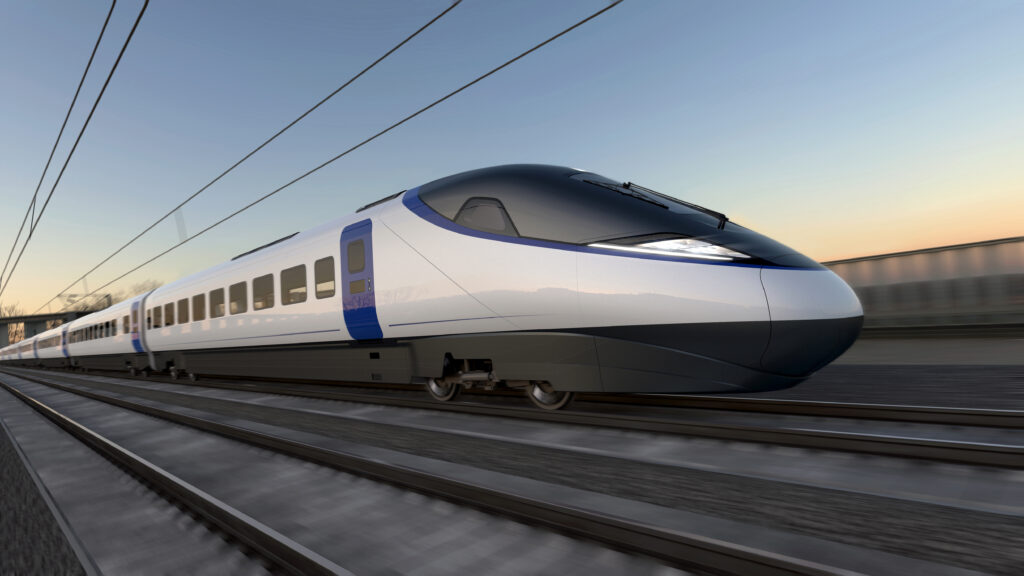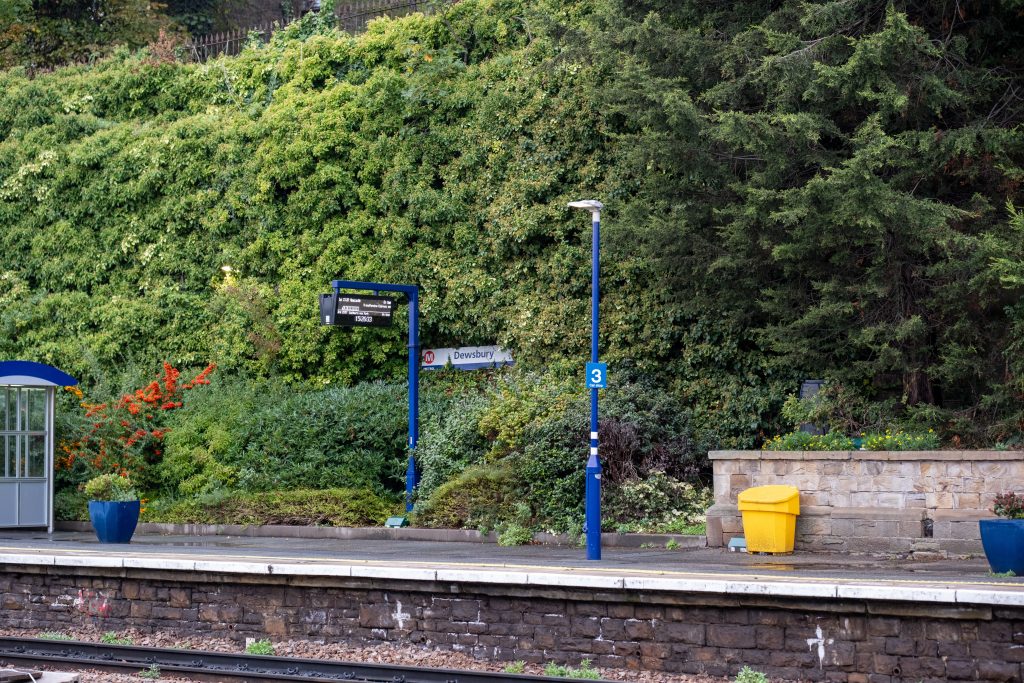Click here to read our representation submitted to HM Treasury earlier this year. Click here to read the full Autumn Budget.
We are pleased to see the cancellation of some road schemes in addition to those previously announced, although decisions on major schemes such as the Lower Thames Crossing and A66 trans-Pennine upgrade have again been delayed. We join our friends at Transport Action Network in calling for major schemes to be scrapped, and for the prioritisation of sustainable transport schemes instead.
We are cautiously pleased to see a commitment to funding tunnelling for HS2 towards Euston, but are concerned that major decisions have still yet to be made. In our ‘Fix the Spine’ campaign, coordinated with a coalition of transport experts and campaigners including Campaign for Better Transport and Greengauge 21, we called for a commitment to a two-phase station at Euston, a Stafford Bypass, and the protection of land between Crewe and Manchester. We reiterate our call to ensure the country gets maximum value out of HS2, and to ensure room is left for future growth.
The raising of the bus fare cap from £2 to £3, committed until the end of 2025, is a difficult compromise to swallow. Whilst we acknowledge there was no prior commitment for a bus cap of any kind beyond December 2024, this relative increase will hit the pockets of bus users across the country. We urgently need a long-term plan for bus fares, providing a fair deal for bus passengers and local authorities, who ultimately will need to set policies in their areas. We continue to call for a guaranteed fare cap until a new system is in place, ending the repetitive cliff-edges in fare cap commitments to date.
We warmly welcome confirmation that not only will previously promised CRSTS uplifts be honoured, but that CRSTSs will be further increased by £200m.
We are bitterly disappointed that the Government have missed the opportunity to end the regressive and illogical fuel duty freeze, in place since 2011 (with a further 5p cut in 2022). This 13-year freeze has cost the nation a jaw-dropping £130bn in foregone revenue, according to the Social Market Foundation. Because fuel duty hasn’t even kept up with inflation, we are effectively subsidising the burning of fossil fuels by an increasing amount each year. This completely contradicts the imperatives of encouraging petrol and diesel car drivers to switch to electric vehicles, public transport and active travel. The increase to the bus fare cap is especially hard to accept when the £2 cap could have been kept for one tenth of the relative cost of not reversing the 5p fuel duty cut, according to Campaign for Better Transport.
Finally, whilst air passenger duty has been increased, we think an opportunity has been missed to levy bigger increases on journeys where sustainable alternatives such as rail are available, such as between London and Edinburgh/Glasgow, whilst protecting flights to Northern Ireland and otherwise isolated parts of the country. We warmly welcome the 50% hike in air passenger duty for private jets.
The Chancellor prefaced her budget speech by warning that difficult decisions would need to be made. Yet, when it comes to transport, we are left with the overall feeling that few decisions have really been made at all. We hope the long-term Spending Review in Spring 2025 will provide more answers to urgent questions, such as on high-speed rail, and we urge the Chancellor to take difficult decisions when it comes to unaffordable road schemes and the regressive freeze to fuel duty.




